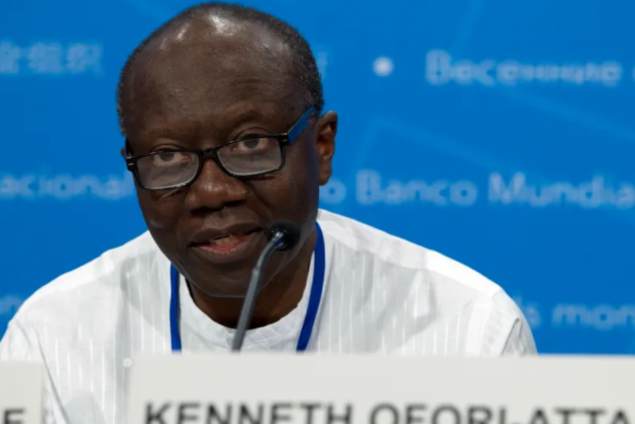The Economist Intelligence Unit has said that Ghana, Tunisia, Egypt, Congo-Brazzaville, Zambia, Zimbabwe and Mozambique will grapple with debt-servicing burdens that eat up a substantial share of their revenue in 2023
In its Updated 2023 Africa Outlook Report, the EIU said African governments have ramped up their borrowing—domestically and internationally—and public sector debt ratios (relative to GDP) have pushed back towards the highs last seen in the early 2000s just before the enormous debt restructuring of 2005, implemented under the umbrella of the heavily indebted poor countries (HIPC) initiative.
“Ghana, Tunisia, Egypt, Congo-Brazzaville, Zambia, Zimbabwe and Mozambique have enormous amounts of debt (relative to GDP) and their governments will grapple with debt-servicing burdens that eat up a substantial share of their revenue in 2023”.

It explained that the public-sector debt-to-GDP ratio average will remain above 60% for Africa in 2022 and 2023 and some African countries will far exceed this level.
“The need to service and roll over large amounts of debt at a time when domestic and international borrowing costs are on the rise will weigh heavily on some countries in 2023 and things could get even more painful in 2024 when more capital repayments fall due”, it added.
Elsewhere, the EIU said major economies of Algeria, Angola, Ethiopia, Gabon, Kenya, Nigeria and South Africa have seemingly manageable levels of public debt but these countries will suffer from high and rising debt-servicing costs—especially Nigeria where the debt-to-GDP ratio is low but debt is hugely expensive to service.
“Consequently, pressure will mount to implement economic reforms—including changes to subsidy regimes and tax structures—and cut back on public-sector spending, although large-scale changes will most likely be put off until upcoming elections settle and the political path becomes clearer”, it concluded
Latest Stories
-
Paris 2024: Opening ceremony showcases grandiose celebration of French culture and diversity
3 hours -
How decline of Indian vultures led to 500,000 human deaths
4 hours -
Paris 2024: Ghana rocks ‘fabulous fugu’ at olympics opening ceremony
4 hours -
Trust Hospital faces financial strain with rising debt levels – Auditor-General’s report
5 hours -
Electrochem lease: Allocate portions of land to Songor people – Resident demand
5 hours -
82 widows receive financial aid from Chayil Foundation
5 hours -
The silent struggles: Female journalists grapple with Ghana’s high cost of living
5 hours -
BoG yet to make any payment to Service Ghana Auto Group
5 hours -
‘Crushed Young’: The Multimedia Group, JL Properties surprise accident victim’s family with fully-furnished apartment
6 hours -
Asante Kotoko needs structure that would outlive any administration – Opoku Nti
6 hours -
JoyNews exposé on Customs officials demanding bribes airs on July 29
7 hours -
JoyNews Impact Maker Awardee ships first consignment of honey from Kwahu Afram Plains
8 hours -
Joint committee under fire over report on salt mining lease granted Electrochem
8 hours -
Life Lounge with Edem Knight-Tay: Don’t be beaten the third time
8 hours -
Pro-NPP group launched to help ‘Break the 8’
8 hours

